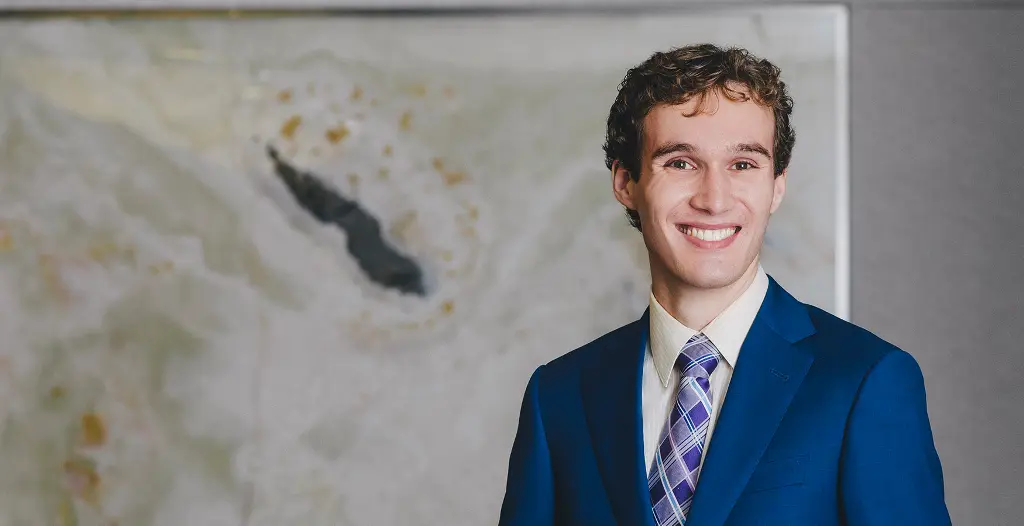Federal Court of Appeal Affirms Use of Reverse Class Actions For Copyright Infringement Claims
On September 8, 2021, the Federal Court of Appeal released its decision in Salna v. Voltage Pictures, LLC, 2021 FCA 176 regarding certification of a reverse class action (i.e. where there is a class of defendants rather than plaintiffs) for pursuing copyright infringement claims. The Court overturned the earlier Federal Court decision and found that “the law must adapt to the evolving digital environment, the channels through which artistic endeavour is expressed and the means by which copyright may be infringed”.
Aird & Berlis LLP represented Voltage Pictures, a movie production company, in the appeal. Voltage Pictures sought certification of its claim as a class action against anonymous people who unlawfully distributed copies of its movies online. Voltage Pictures successfully argued that a reverse class action is a “fair, efficient and manageable method of advancing the claim” where there are multiple respondents for low-valued claims. A reverse class action is motivated by the same principles as a plaintiff class action: ensuring access to justice for low monetary claims.
The Court explained that its rules and procedures allow for efficient management of a reverse class action for copyright infringement:
- The defendants do not all need to infringe the same work or in the same way: if needed, the Court may create subclasses of defendants.
- Damages and statutory damages may be assessed through a court-supervised individual assessment process.
- Any individual issues may be resolved through individual proceedings after the hearing of the class common questions.
- A single hearing of the common issues reduces the use of judicial resources and the costs of mounting a defence through shared counsel, expert witnesses and fees.
The Court decision provides a pathway for using a reverse class action for many types of claims, including mass enforcement of copyright.


